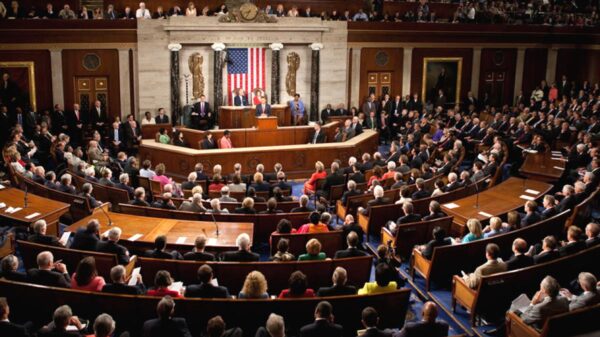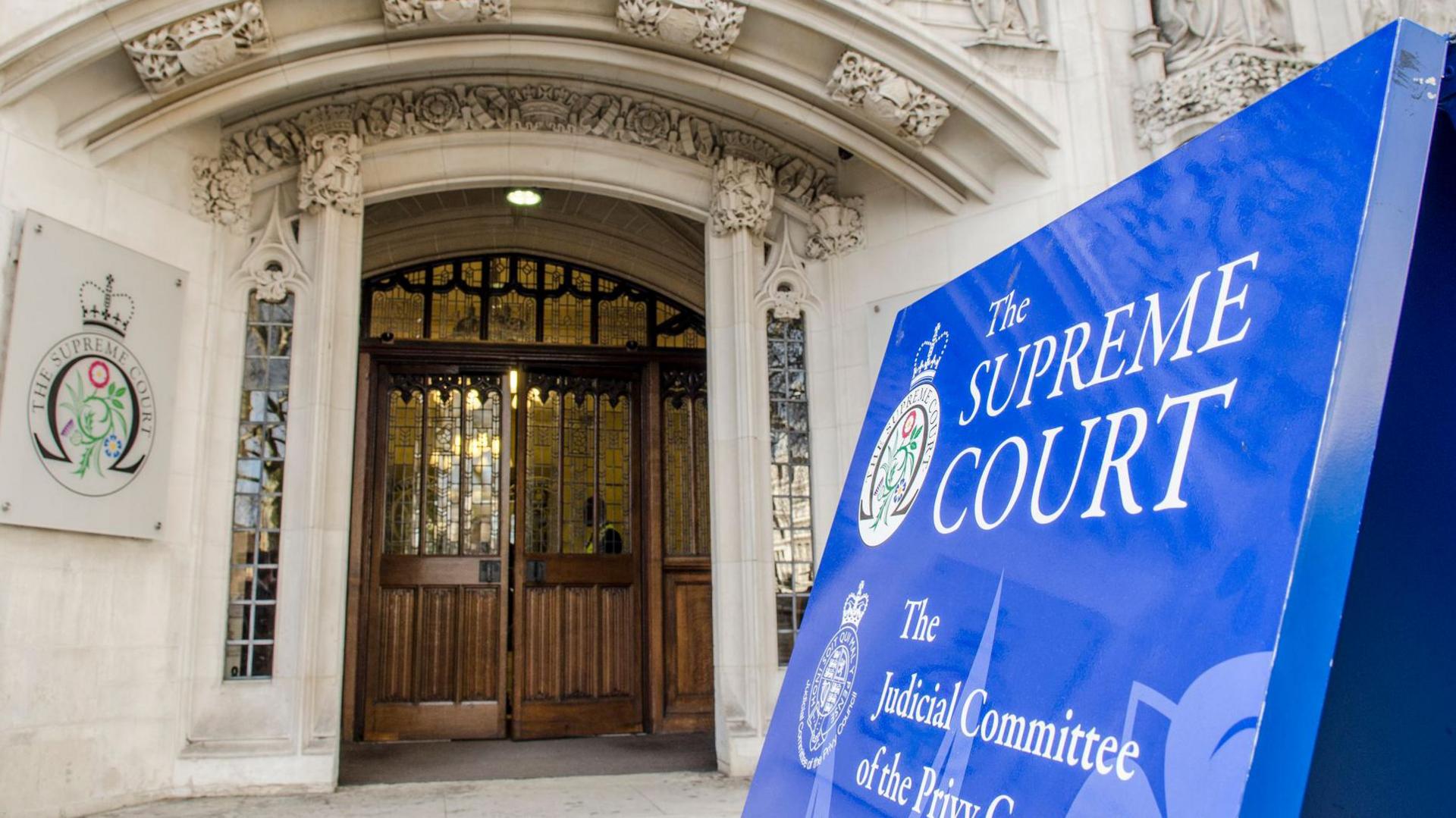UK Supreme Court has begun hearing arguments in a high-stakes legal battle between the Scottish government and the campaign group For Women Scotland, over the legal definition of “woman.”
The outcome could significantly impact the UK’s gender recognition process, trans rights, and access to single-sex spaces.
The campaigners argue that the definitions of “woman” in the UK’s 2010 Equality Act and the Gender Recognition Act 2004 are inconsistent. The Equality Act defines a woman as a “female of any age,” while the 2004 Act allows individuals with a Gender Recognition Certificate (GRC) to legally change their gender.
Aidan O’Neill, representing For Women Scotland, argued that conflating biological sex with legal gender could undermine single-sex spaces such as women’s shelters and prisons, potentially eroding protections designed for biological women.
The Scottish government, supported by Amnesty International and other groups, contends that legal gender recognition is a fundamental human rights issue. Amnesty criticized the persistent media and political scrutiny of trans people, who represent just 1% of the population, labeling it disproportionate.
The case stems from a 2018 Scottish law aimed at increasing female representation in public sector bodies. Guidance accompanying the legislation recognized transgender women with GRCs as women under the Equality Act, a position upheld in Scottish courts. Campaigners are now seeking a reversal from the UK’s highest court.
The issue has fueled cultural and political tensions, with public figures like JK Rowling weighing in. Rowling, who has become a prominent voice in the gender-critical movement, said the case is about preserving rights for women and girls.
The dispute also highlights the political divide between the UK and Scottish governments. A 2022 Scottish bill simplifying the gender recognition process was vetoed by the UK government, which has since pushed for legal changes to define “sex” strictly as biological.
The Supreme Court’s decision could redefine how UK law balances biological sex, gender identity, and the rights of different groups, with implications for policies and public discourse on gender across the country.
![]()





























































